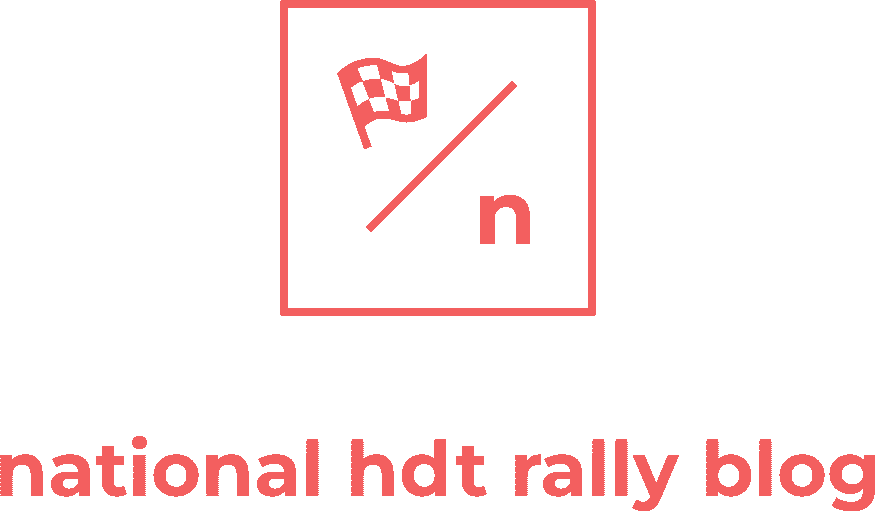Money, egos, and speed are often seen as the driving forces behind significant deals in the business world. Whether it’s a merger, acquisition, or partnership, these elements play a crucial role in the negotiations and decision-making process.
Money, of course, is the most obvious factor in any deal. Companies are constantly seeking ways to increase their revenue and profitability, and a significant deal can provide a substantial financial gain. Whether it’s through increased market share, cost savings, or new revenue streams, the potential for financial success is a key motivator for companies to pursue deals.
Egos also play a significant role in deal-making. In many cases, executives and business leaders are driven by a desire to prove their worth and enhance their reputation in the industry. This can lead to a competitive atmosphere where companies strive to outdo each other in pursuit of the next big deal. Egos can also come into play during negotiations, where pride and a desire for power can lead to challenging and sometimes confrontational discussions.
Speed is another important factor in deal-making. In today’s fast-paced business world, companies are constantly looking for ways to stay ahead of the competition and capitalize on opportunities quickly. Deals that can be executed swiftly can provide a competitive advantage and help companies secure a valuable asset before their competitors.
One recent example of a significant deal that was driven by money, egos, and speed is the acquisition of a major technology company by a leading competitor. The deal, worth billions of dollars, was fueled by a desire to increase market share, access new technology, and solidify the buyer’s position as a dominant player in the industry.
Throughout the negotiation process, egos clashed as executives from both companies fought for control and recognition. This led to intense debates and last-minute changes to the deal structure as each side sought to gain the upper hand.
Ultimately, the deal was completed at breakneck speed, with both companies eager to finalize the agreement and move forward with their plans for growth and expansion. The acquisition was seen as a significant win for the buyer, who was able to secure a valuable asset and strengthen their position in the market.
In conclusion, money, egos, and speed are powerful motivators in deal-making. Companies are constantly seeking opportunities to increase their financial success, enhance their reputation, and stay ahead of the competition. By understanding and leveraging these factors, businesses can navigate the complexities of significant deals and achieve their strategic goals.


